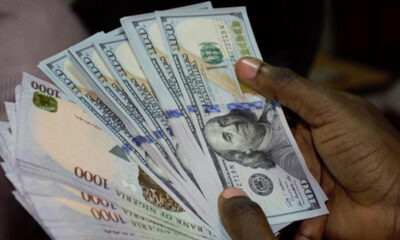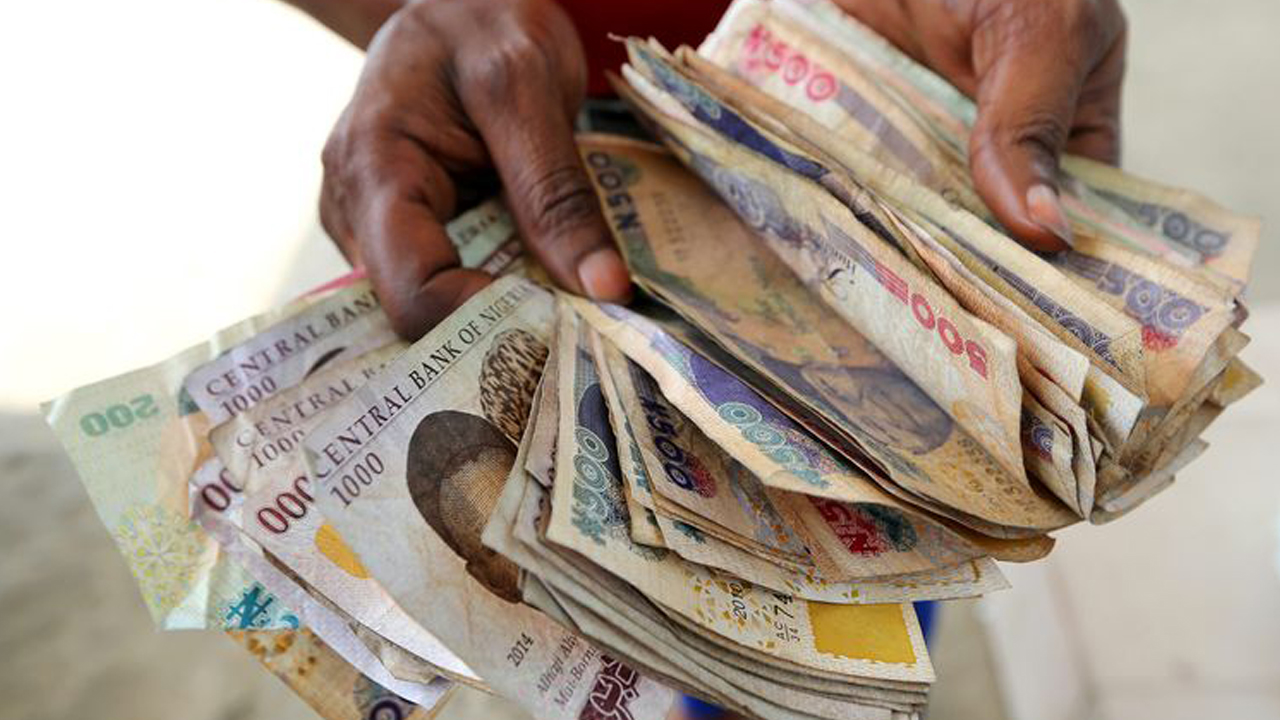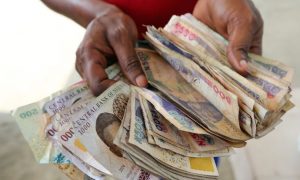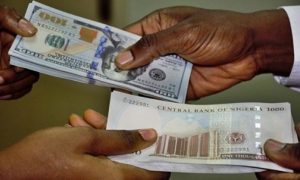Latest News
What CBN’s 15.5% interest rate means for Nigeria’s economy

The Central Bank of Nigeria raised the benchmark interest rate (MPR) to a two-decade high of 15.5% in its just concluded monetary policy meeting, indicating a 150-basis points hike from 14%.
This is the highest rate in the last 20 years, an indication of the aggressive move by the CBN to rein in Inflation as the money supply in the country rose to its highest ever level of record.
The hawkish move by the apex bank is consistent with the prediction of Nairametrics opinion analysts “Blurb”, in an article published last week, that the mother of all interest rate hikes was on its way.
We opined that in a bid to tame the stubbornly rising inflation in the country, the central bank had no option but to jack up rates.
It is safe to say, the mother of interest rate hikes has come.
Nigeria not alone
It is worth noting that other central banks in most world economies have also raised interest rates to tame the rising rate of inflation.
- The US Federal Reserve made history last week by approving a third consecutive 75-basis -point hike, to aggressively tackle inflation in the US economy, taking the fed’s funds rate to its highest levels since the global financial crisis in 2008.
- The UK and the European Union have also raised rates, while in Africa, Ghana and South Africa have also raised rates.
Interest rates are a major tool used by monetary policy regulators to manage liquidity in the economy and tackle rising inflation rates. However, a high-interest rate regime has also been seen to be detrimental to economic growth.
The Central Bank in a bid to mop up liquidity and rein in inflation adopted a twin approach of raising the MPR and the CRR to 15.5% and a minimum of 32.5% respectively.
What the 15.5% MPR could mean for the economy
While the CBN opines this hike will help bring down the inflation rate, and slow down forex speculations, there are attendant consequences for the economy that could arise. Here are some of them
Stocks will become unattractive
Stocks as an investment option could become unattractive to investors, as they look to reallocate their funds to other assets, especially dollar-denominated assets.
- Recall, that the All-Share Index of the Nigerian Exchange had gained over 21% in the first half of the year, but moderated in the third quarter, losing over 5% following the decision of the apex bank to raise interest rates in May 2022.
- Stocks become attractive because dividend yields which are the returns investors get for investing in stocks will be eaten up by inflation.
- Just to add that a higher interest rate environment is also not an automatic attraction for foreign investors who also fear that whatever returns they sought could be eroded by inflation and exchange rate crisis.
High interest on loans
The idea behind raising interest rates is to discourage excess spending by increasing the rate of borrowing, which would discourage businesses from applying for credit facilities from banks.
- This in turn could have a negative effect on the economy, as the real sector will have fewer funds to meet spending demands.
- Nigerians (individuals and businesses) with loans should expect their banks to send them letters in the next coming days of an increase in their interest rates.
- Bond yields could also rise especially for the FGN Bonds, Commercial bonds and commercial papers.
- Companies who may not be able to immediately pass this cost to their customers might suffer a reduction in their profits. Individuals with personal loans may also struggle to pay back, especially if the interest rates consume a huge chunk of their salaries.
Another potential risk of high-interest rates is a potential rise in defaults as people struggle to repay loans. This could cause trouble for some banks in weeks and months to come.
Bank’s income will tank in the long term
In the short term, banks would earn more from interest income, however, in the long term, loans will begin to decline, which would affect their interest earnings.
- They also risk their bottom line declining due to CBN deductions through CRR.
- Note that the CBN governor while speaking during the media briefing said that the apex bank will be implementing aggressive CRR measures by mopping up liquidity from commercial banks.
- Banks have struggled with higher interest income over the last couple of years especially as the central bank ramped up CRR deductions.
- With the CBN now increasing CRR and threatening to debit banks, there is less cash for banks to lend and this could hit their bottom line.
The exchange rate could depreciate further
The speculative nature of Nigerians to hedge against the local currency by buying foreign exchange, and a potential rise in FX demand due to the coming 2023 elections could see the naira depreciate further against the US dollar.
- Recall, that Nairametrics reported earlier that the naira crashed to a record high of N722/$1 on the black market, while dollar scarcity continues to be a major bane in the Nigerian economy.
- Ironically, one of the reasons cited by the central bank for raising rates was to slow down currency speculations.
- Thus, if this rate hike leads to a commensurate increase in savings deposit rates then the naira could become more attractive encouraging Nigerians to save their funds.
Slow Down in Economy Growth
For the early part of this year, the Central Bank chose economic growth over combating stubborn inflation even as the signs were evident.
- Now that the train has left the station, the central bank’s hawkish interest rate actions could now affect the rate of economic growth which they have mostly ascribed to their development finance policies.
- With higher interest rates now the order of the day, policies aimed at spurring economic growth will take the back seat meaning we could be starring at a much slower GDP Growth rate.
- By snuffing out liquidity in the economy, businesses will find it out to invest in new areas of growth, while investors will prefer to save than invest in the real economy.
- Most of the efforts aimed at stimulating the manufacturing sector will also be negatively impacted as higher interest rates mean manufacturers will struggle to access cheap funds for their production needs.
Consumer spending will also take a hit as Nigerians cut back on spending due to the challenge of paying higher interest for their loans. They also face a higher cost of goods and services.
Higher Interest rates, higher inflation
While a rise in the inflation rate is meant to combat inflation, the short-term impact is a rise in the cost of goods and services.
- Businesses might be forced to pass the cost down to consumers increasing the prices of goods and services.
- This occurs because the entire premise of increasing rates is to snuff out excess liquidity from the economy which the CBN believes is the cause of inflation.
- Snuffing out liquidity starts by passing the cost down to consumers making prices more expensive before lower demand now forces demand back down.
- Higher interest rates also trigger higher property prices which then leads to higher rents for tenants.
Pension Fund Value
The value of your pension funds will be negatively impacted as returns are lower than the inflation rate. A higher interest rate could help boost returns for pension funds as most new investments in fixed-income securities could increase.
- But on the flip side, a higher yield for existing bonds could force pension funds into short-term losses as bond values tank.
- Retirees who rely on pension as their living wages also face erosion of purchasing power due to rising cost of goods and services.




















